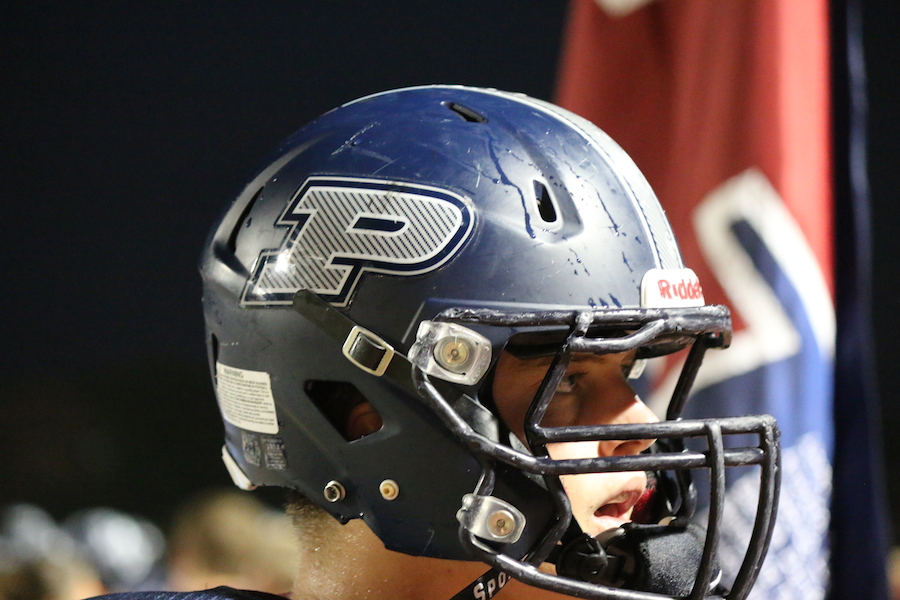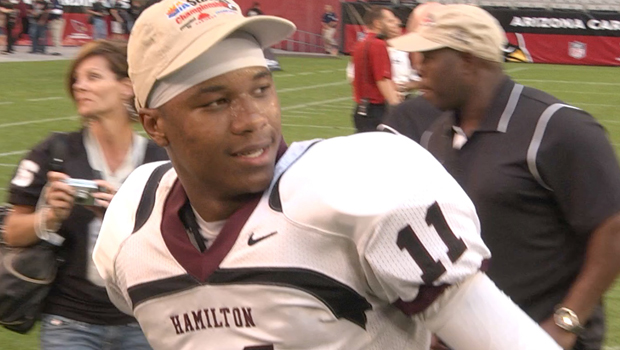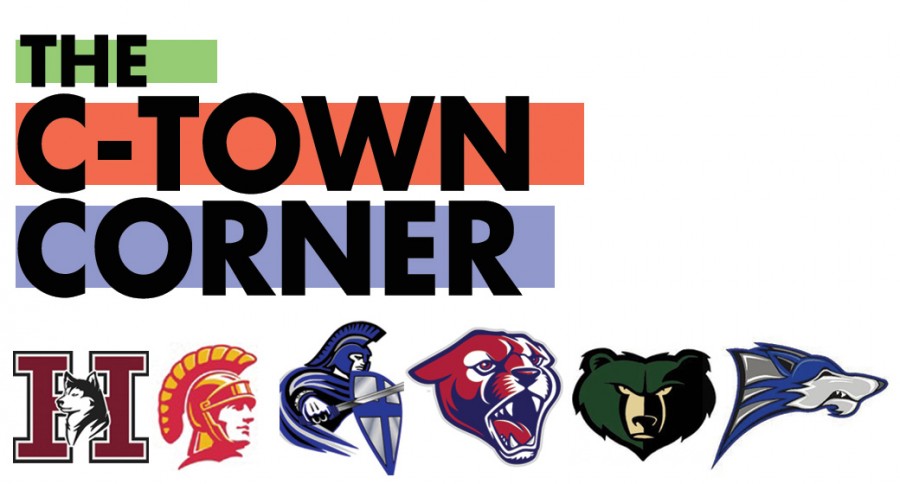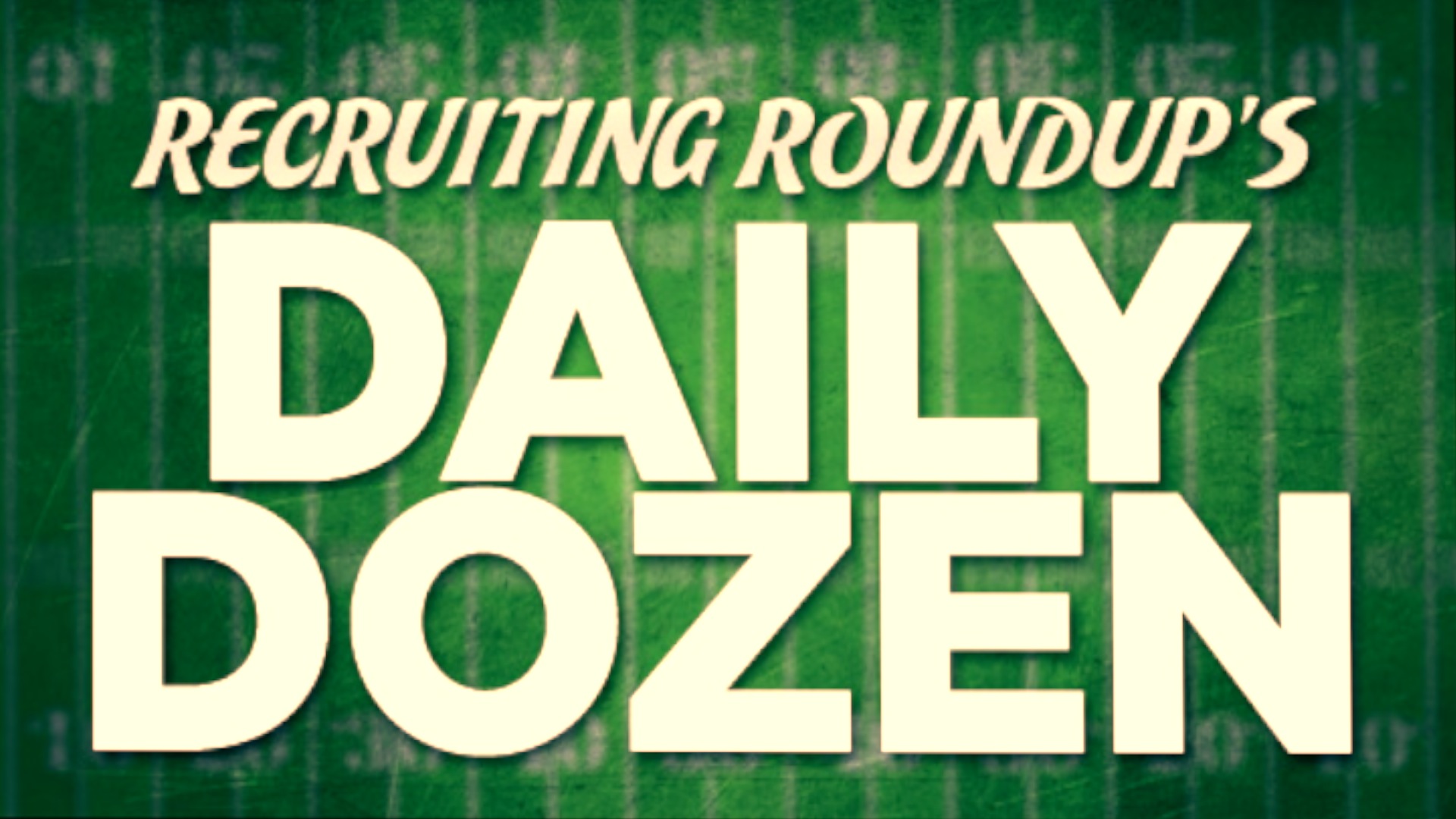Submitted by Richard Sams, Arizona State student.
With the explosion of social media in the last decade or so, there has been much debate about the legality of schools monitoring and sanctioning the use of social media by its student-athletes. When student-athletes post on social media they are representing their school, but the courts have struggled to determine if sanctioning students’ posts violates their First Amendment right to free speech.
According to the National Federation of State High School Associations, 18 of these cases have been decided by the U.S. Courts of Appeals or the U.S. District Courts. Half of these cases have upheld the schools sanctioning students’ social media, while the other half have ruled that it violates their free-speech rights.
With a gray area as undefined as it is in this sense, coaches have to be careful not to overstep while also maintaining the reputation of their program and school. Perry High School’s head football coach Preston Jones said that while he can’t restrict them from putting something on social media, he can educate them on the dangers it can bring.
“Personally, I don’t use social media,” Jones said. “It can be helpful, I suppose… but there are a thousand bad things for every one good thing.”
To ensure that he gets his message across, Jones said he usually tries to talk to his players at least once per week. He says that he tells his players that a good indicator for if something is good to post is you would be comfortable seeing it on a billboard, because like with a billboard, online posts are out there for anyone to see.
Unlike Jones, Hamilton High School’s head football coach Steve Belles does have Facebook and Twitter accounts, but he too says it has drawbacks. Belles repeatedly mentioned that student-athletes’ social media accounts play a part in the college recruitment process, and red flags can arise and deter a college from pursuing a player.
Gerald Todd, Basha High School’s head football coach, feels slightly different about social media use than Jones and Belles. Todd, who is a former collegiate coach himself, said that while college coaches do judge potential recruits’ character by their accounts, it can also be a good way to promote yourself. Take LaVance Taylor, for instance. Taylor was an undrafted running back from Central Missouri State University, who tweeted his highlight tape to the Kansas City Chiefs, and was later signed to the Chiefs’ 90-man preseason roster.
Even though many colleges are adopting social media contracts that student-athletes must sign, Jones, Belles and Todd have all avoided them because they “back the coaches into a corner,” Belles said, and are harder to monitor as they do not have the same leverage a college coach has. Due to these large gray areas that the courts have yet to solidly define regarding monitoring a student’s social media, there is not much coaches can do. However with the scope of social media ever-expanding, it is an issue that will be revisited over the foreseeable future.



